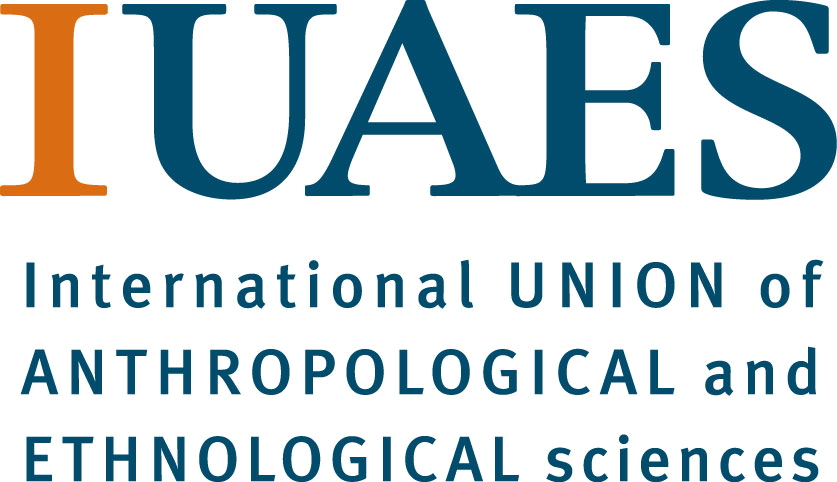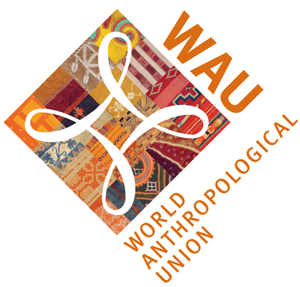Post – Congress Seminar at the Asiatic Society in Calcutta (27-28 October, 2023)
The Roots of Indian Anthropology: Transition from the Colonial Period to the Present
The Asiatic Society, founded in 1784 by Sir William Jones, is a venerable academic institution in India, its roots intertwined with the East India Company's colonial presence following the historic battle of Plassey in 1776. The Society heralded the fusion of Hinduism and Sanskrit prowess, with Sir Jones as its inaugural president. The Society's reputation flourished not only in England but also across Europe, where interest burgeoned in the ancient wisdom of India's civilization.
From its inception, the Society's journal, originally Asiatic Researches, published in 1788 in Calcutta, gained swift acclaim. Translated into languages such as German and French, these volumes achieved international renown, reinforcing the Society's position as a key player in the emerging field of New Orientalism. The Society's establishment marked a shift in the Indian scholarly landscape, recognizing local voices and engaging indigenous Brahmin scholars. Even as British scholars proficient in Bengali, Persian, Hindustani, and Sanskrit collaborated, the Society provided a platform for Indian scholars' recognition, transcending colonial paradigms.
With the Society at its core, New Orientalism thrived, marked by direct contact, linguistic mastery, and a reverence for ancient traditions. This foundation also set the stage for anthropology's growth in India. Notably, Sir Jones transitioned from linguistic expertise to ethnology, with dialogue facilitated by Brahmin scholars. Throughout its evolution, the Society drew on Brahmin scholars for teaching and interpretation, greatly shaping British understanding of India. Over time, the Society embraced Indian leadership, with figures like Nirmal Kumar Bose fostering its growth as a nurturing ground for Indian Anthropology.
The Society's legacy endures through its exceptional publications and library resources, drawing from a lineage of British and Indian luminaries. As a repository of valuable records, the Society's journey, spanning colonial to post-colonial times, remains a beacon of scholarly endeavour, continuously advancing anthropology, archaeology, and linguistics. Vibrant and active, the Asiatic Society continues to champion scholarship and preserve India's intellectual heritage.
Treasures of Knowledge: The Roots of Excellence in Indian Heritage
This seminar endeavours to tackle certain overarching themes of paramount importance. Primarily, it aims to provide scholars with a comprehensive understanding of the historical and profound significance of the Asiatic Society in its global and local contributions to the advancement of Indological and Anthropological knowledge in Indian Heritage. Furthermore, the seminar will delve into the evolution of anthropology as a scholarly discipline originating from Bengal. Notably, it will highlight the Asiatic Society's pivotal role in fostering the growth of anthropology, underscoring its profound influence and active engagement in nurturing this academic pursuit. In an endeavour to do so and make the seminar experientially enriching, we have also arranged for Archival and Historical Tourism. During this component, attending scholars will partake in a guided and insightful tour of the Asiatic Society. This unique opportunity will grant participants direct access to the Society's collections, library holdings, and publications. This facet promises an immersive encounter with the institution's scholarly legacy and a chance to glean insights first-hand.
In addition, this seminar offers a platform to reflect on Indian anthropology's journey of transformations, adaptations, and a commitment to understanding the human experience. By exploring its roots and evolution, we acknowledge anthropology's diverse contributions to academia and society, emphasizing its ongoing significance. We encourage scholars to submit papers that investigate colonial influences and their contemporary relevance in Indian anthropology. We'll delve into the emergence of indigenous voices, methodologies, and their impact on reshaping the field, while Indian anthropology adapts to globalization, technology, identity, development, and interconnectedness. Through interdisciplinary collaboration and applied anthropology, we aim to address current challenges while embracing cultural understanding.

